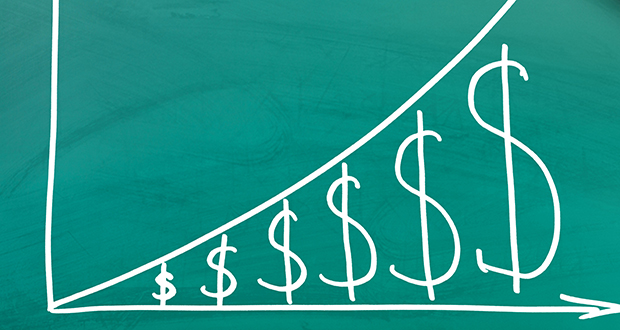‘No new taxes’ idea fades
Arizona Capitol Reports Staff//April 6, 2007//[read_meter]
If 2006 was the year of surpluses for states, 2007 could be the year of tax hikes. Five governors are proposing hefty tax increases to bankroll ambitious new health care...
No tags for this post.

















